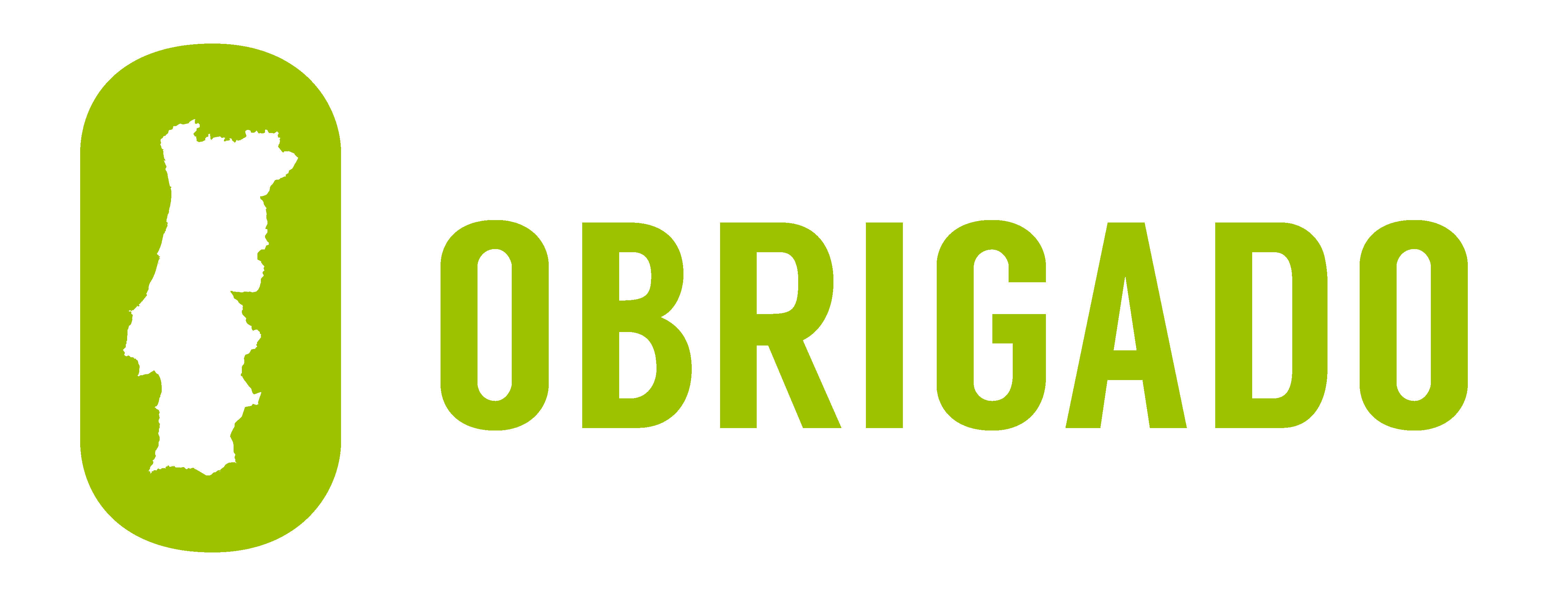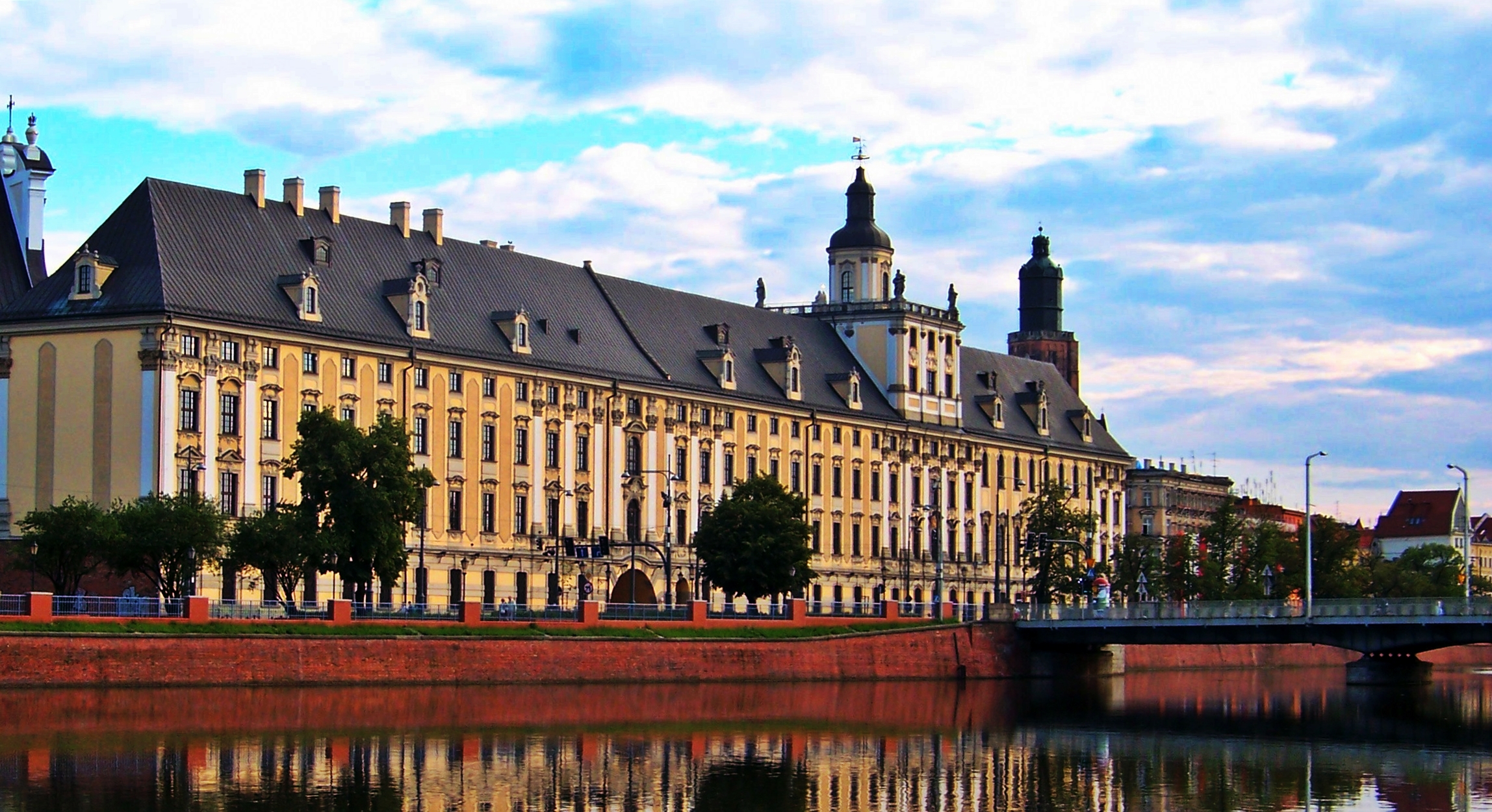Christmas in Poland are the most important and most solemnly celebrated religious holiday in Poland, next to Easter. Its traditions have developed over the centuries, when customs derived from pagan times interweave with the customs introduced by the Church. Their shape was also influenced by other church rites and folk traditions. Presently, Christmas is a family holiday and is most often celebrated in the company of loved ones.
Christmas precedes the Advent period – the time of watching and preparations for the upcoming holidays. Christmas starts the Christmas Eve. The word “Christmas Eve” comes from a Latin word and means “vigil”. In Poland, Christmas Eve permanently entered the tradition in the eighteenth century. Just like in Poland, Christmas Eve is celebrated only in Lithuania, the Czech Republic and Slovakia.
Christmas Eve dishes
Depending on the region and family traditions, Christmas Eve dishes are different, but on the Christmas Eve table should be all the fruits of the earth. The dishes should be twelve. Everyone should try, which will ensure happiness throughout the year and guarantee that there will be one during the next Christmas Eve supper. The most commonly served dishes include: borscht with dumplings (in some regions of Poland, white dill or mushroom soup), fish (mostly carp), cabbage with peas, dumplings with cabbage, patties with mushrooms, dumplings with poppy seeds, sugar and honey, dried fruit compote, pie and kutia (originating from the Eastern tradition). The most popular in Kaszuby were: fruit soup, fish soup, rice with blueberries, fried mushrooms, yeast cake or gingerbread. The main attraction are large plate of sweets, which everyone received: hosts, children and servants.

Customs
The most important moment of the Christmas Eve supper is the joint sharing of the wafer and making wishes. This custom is a reference to the Last Supper and Jesus sharing bread with his disciples.
An inherent element of Christmas is singing carols. The word carol comes from the word Romans called the beginning of each month: “calendae.” With the passage of time the Christmas carol was called not only a song for Christmas, but also the custom of walking the houses with Christmas and New Year greetings and visiting parishioners in their homes by the priest .
It is a well-known custom in Poland to leave free space at the Christmas Eve table. This place is intended for an accidental guest who is treated during this special day as a family member. A free place at the table can also mean a deceased family member, thus showing a constant memory about him.
During Christmas, Christmas trees in every Polish home are decorated. This is one of the youngest Christmas Eve traditions. Formerly, in the houses there were a “fir”, that is the top of a pine or fir suspended at the house, protected the inhabitants from evil powers. The Christmas tree reached Poland around the nineteenth century from Germany and was first accepted in Pomerania, Warmia and Mazury and Silesia. Polish Christmas trees appeared sporadically.The first decorations on Christmas trees were apples, gingerbread cookies, candies and candles.
The tradition of giving loved ones presents during holidays is derived from Roman saturnalia. Formerly, the custom was called Christmas, because it was handed out when the first star was seen in the sky, identified with the Star of Bethlehem.
Midnight Mass
Christmas Eve evening ends with a solemn mass celebrated at midnight in churches. According to tradition, it is a commemoration of the arrival of the shepherds in Bethlehem, who were the first to pay homage to the newborn Christ. The custom of celebrating the night liturgy was introduced in the church in the 5th century and reached Poland with Christianity.
The next day after Christmas Eve (December 25) is called Christmas, and December 26 is in Poland the second day of Christmas celebrated as a souvenir of Saint. Stephen, the first martyr for the Christian faith. These are usually days for rest, family gatherings and caroling.





















